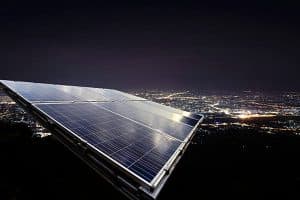It really wasn’t all that long ago achieving near-future renewable energy targets set in the double digits seemed impossible; but some countries such as Germany are on track to hit their targets and even bypass them.
Market research and consulting firm Frost & Sullivan believe Germany will see 36 percent of its electricity generated by renewable sources by 2020. Germany had set a consumption target of 35% by 2020 and 80% by 2050.
Frost & Sullivan’s Energy group forecasts Germany’s overall electricity generation will decline from 625 TWh in 2010 to 590 TWh in 2020, due to energy efficiency measures and some increase in imports. However, installed capacity will rise from 153 GW to 179 GW in 2020.
The increase in capacity while experiencing a drop in generation is mainly due to sources with intermittent availability such as wind and solar power that will need backup from other sources, including gas turbines.
Germany has placed a special emphasis on energy efficiency, with its Energy Efficiency Act (EnEfG) setting a target to reduce energy consumption by 9 percent in 2020 compared to consumption during 2001-2005.
Solar PV capacity is set to triple according to Frost & Sullivan, while wind energy capacity will grow by average of 2GW annually between now and 2020. Last year, 5.9 GW of solar panels were installed in Germany and solar PV generated 18 billion kilowatt-hours of electricity – around 3% of total electricity consumed.
While the future of renewables still looks rosy in Germany, Frost & Sullivan’s Jonathan Robinson warns serious challenges requiring substantial investment in upgrading the nation’s existing power transmission infrastructure exist.
Between now and 2020 coal will still remain the leading fuel for power generation in Germany at 37%, but output will decrease as older power stations are decommissioned and gas will increase its share through an accelerated development programme.
Source









































